The 2019 LiNK Advocacy Fellows: North Korean Defectors Raising Their Voices

Meet the new class of LiNK Advocacy Fellows! They are already adjusting to life in the U.S. and learning how to become stronger storytellers and better advocates. All four of the AFers have incredible stories they want to share with the world. Here’s a little bit about each of them and what they hope to accomplish during the fellowship! Stay tuned for updates throughout their time here!
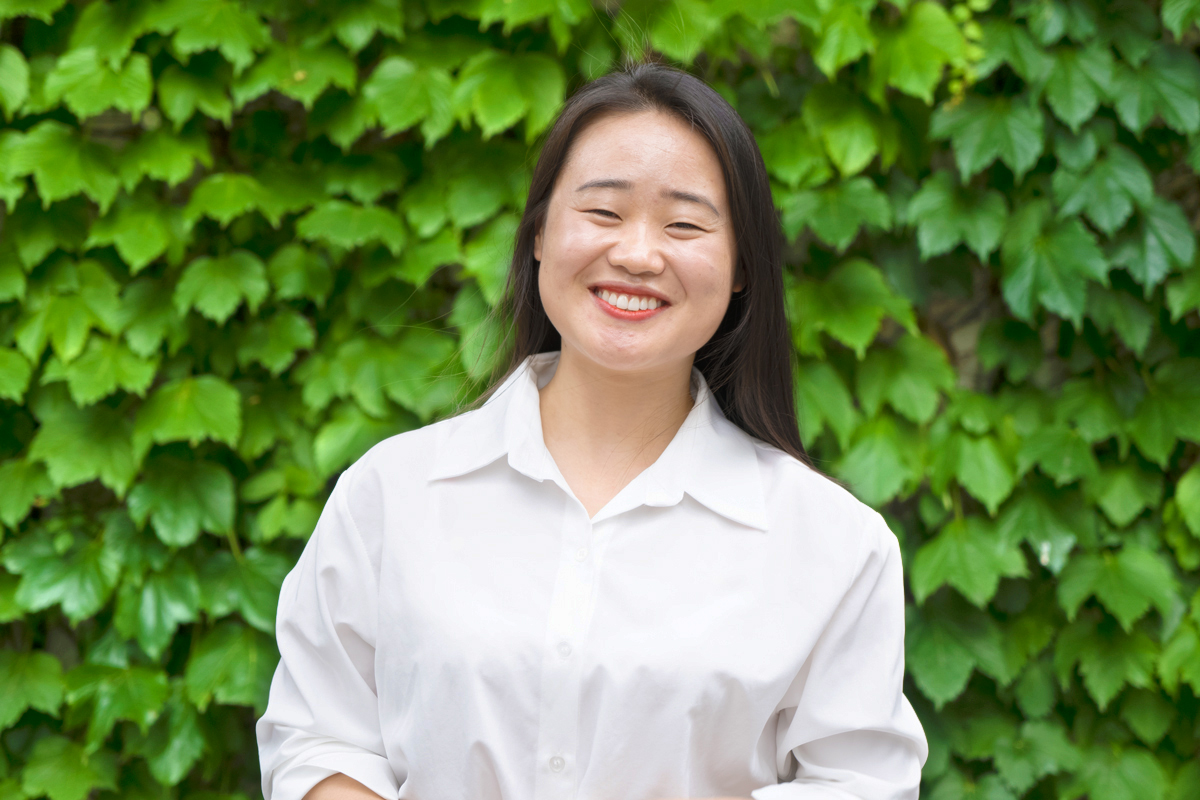
Joy
Joy was born in 1991 in Musan, North Korea and escaped when she was 18 years old. When she reached China, the broker who had helped her escape demanded that Joy repay her immediately for her assistance. When Joy couldn’t afford to pay, the broker took her from village to village, trying to sell her as a bride.After three humiliating days, an older Chinese farmer paid $3,000 for her. She tried to find a way to escape but soon became pregnant with the man’s child and gave birth to a daughter.
In 2013, Joy was introduced to LiNK’s network in China and was finally able to reach safety. She is now a university student studying social work in South Korea and wants to dedicate her life to helping families. “I want to be able to share my story in English without a translator’s help. I want to communicate freely and express my thoughts and ideas with others. When I return to South Korea in late November, I want to be able to look back at my time in the U.S. and feel empowered and proud of my work.”
Read more about Joy’s story here.
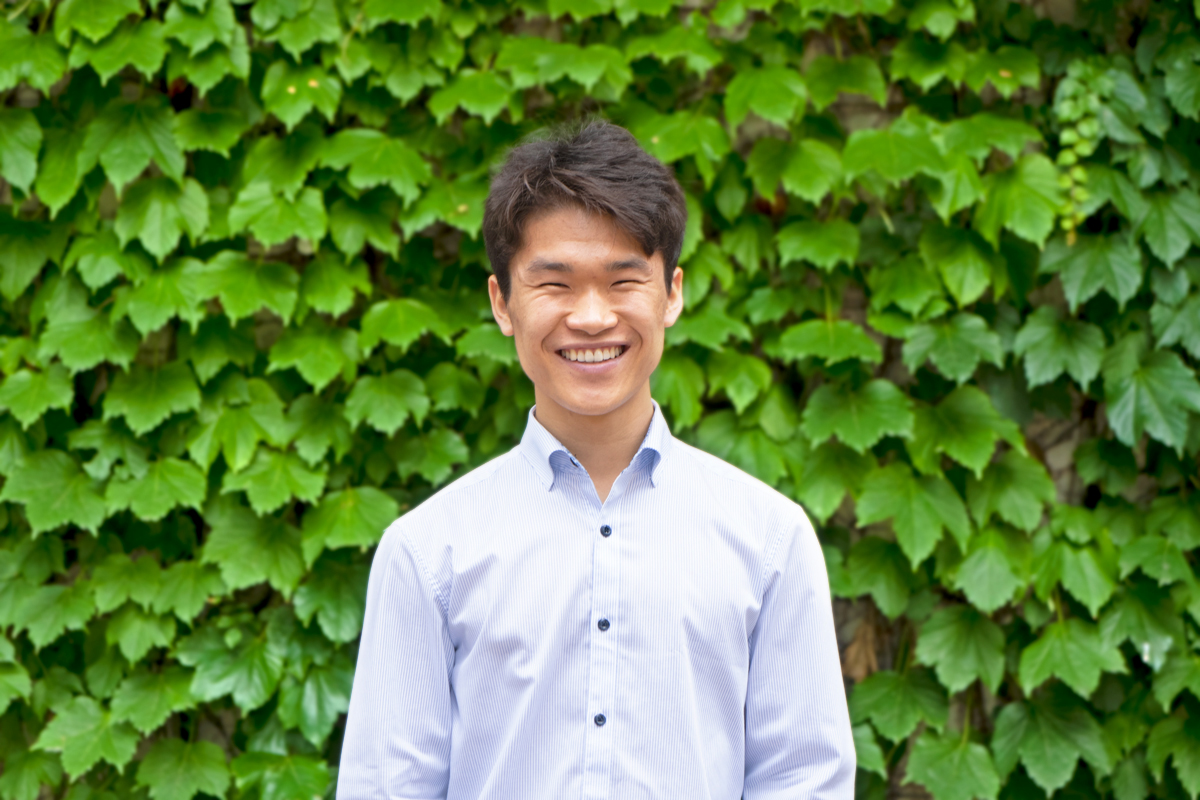
Ilhyeok
Ilhyeok is from Saetbyeol, North Korea and was born in 1995 at the start of the famine. Growing up, Ilhyeok often missed school to help his family make ends meet by fishing and farming. In order to feed the family, Ilhyeok’s father became a broker who helped defectors living in South Korea send money to their relatives inside North Korea. But when Ilhyeok was only 12, his father was caught and imprisoned for illegally owning a Chinese cell phone. Even after he was released, the authorities kept the family under close surveillance.
Well aware of the risks they would face if they tried to escape, but dreaming of a brighter future, one night llhyeok’s father suggested that the entire family leave their homeland in search of a better life. They fled that very night, and after a long and difficult journey made it to South Korea in 2011.
Ilhyeok is now a senior Political Science and Diplomacy major at Hankuk University of Foreign Studies in Seoul and wants to work for the United Nations one day.“I want to improve my English skills because it is the international language. I want to be able to communicate with everyone so that I can raise awareness about what’s happening in North Korea. And I also want to meet new people from different backgrounds.
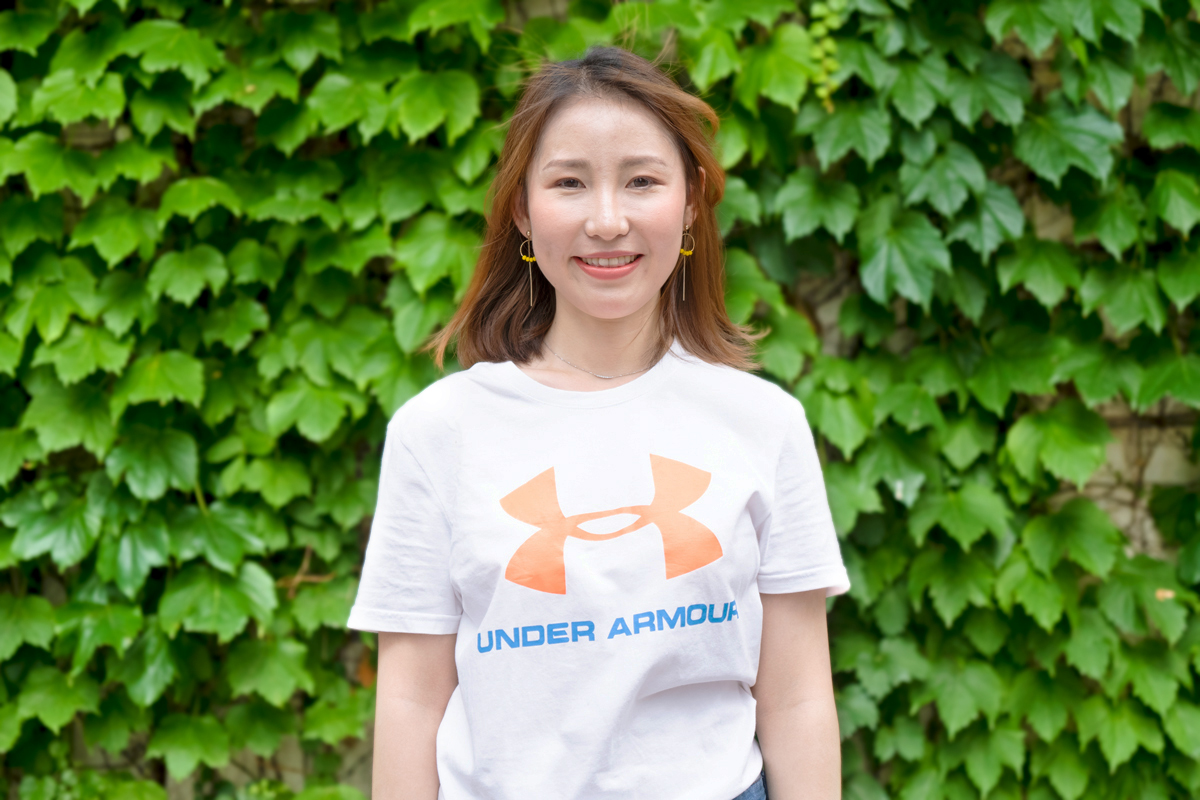
Dasom
Dasom was born in 1993 in Gangwon Province, North Korea. When she was seven years old, her family relocated to Hamgyung Province. Before Dasom was even born, her grandfather had been accused of being a spy and was taken away that same day, never to be seen again. Because of North Korea’s system of collective punishment, her grandfather’s alleged crimes severely restricted the jobs she could get after graduating high school. Dasom had no other choice than to join a workers’ group doing manual labor for the government.
After being sexually assaulted at work, Dasom vowed to leave North Korea. She escaped with the help of a North Korean broker but was almost sold to a Chinese broker upon reaching China. Fortunately, a group of North Korean defectors she met connected her with LiNK and she was rescued soon after. She resettled in South Korea in 2014 and dreams of becoming a florist.“I want to be able to look back after the AF program ends and reminisce on all the good memories. I also want a lot of people to remember my story and who I am as a person.”
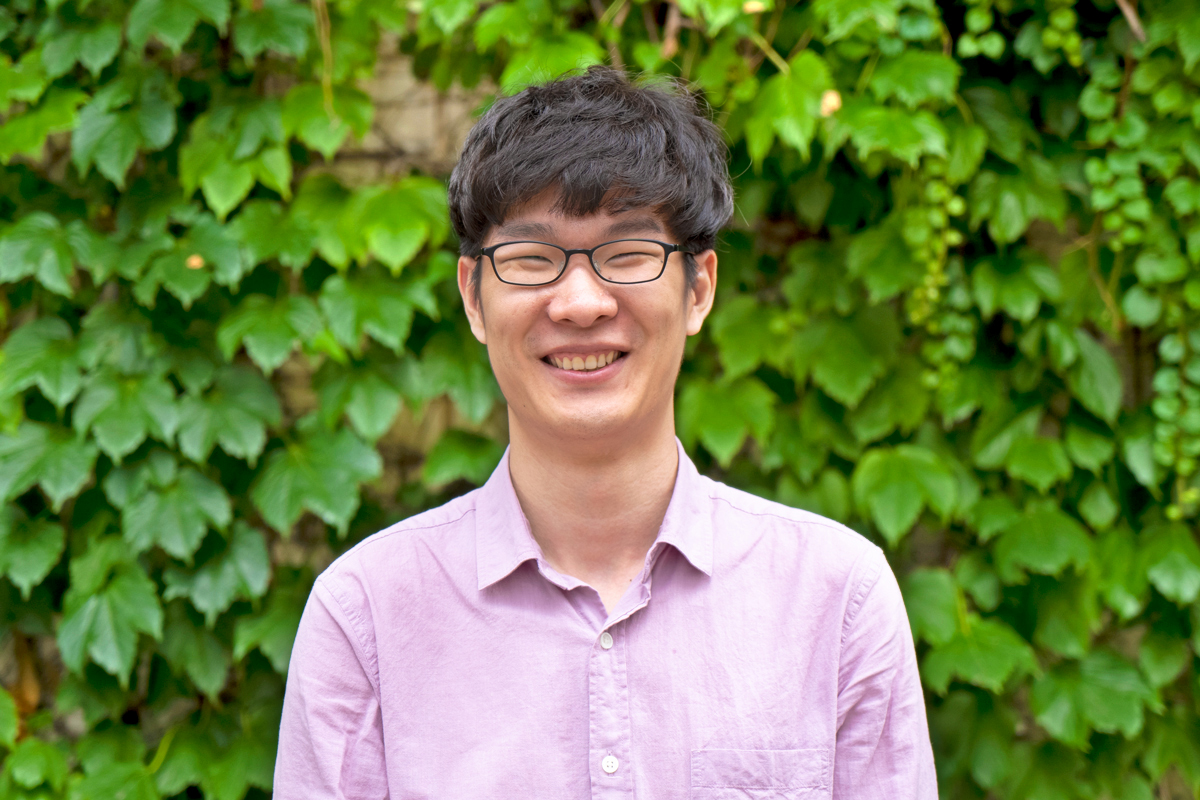
Jeongyol
Jeongyol was born in 1998 and grew up in Pyongsong, close to North Korea’s capital city Pyongyang. Jeongyol’s father began teaching him math at a young age and by elementary school, he had mastered the middle school math curriculum. In high school, his extraordinary abilities earned him a spot on North Korea’s team for the International Mathematical Olympiad (IMO). In his first IMO in Colombia, Jeongyol won the silver medal. He went on to win the silver medal at the next three IMO competitions.
His success brought the attention of the North Korean government and they offered him a job. He asked for a deferral until after he was finished with his IMO competitions, but realized he’d eventually be forced to work for the regime. At 18, Jeongyol knew that the international competition in Hong Kong would be his last opportunity to defect while abroad. On the last day, while everyone was packing up to return home, he snuck out of the hotel and sought asylum at the South Korean consulate where his dramatic defection made international news.
Jeongyol resettled in South Korea in 2016 and is now a freshman at Seoul National University.“I want to meet people from diverse backgrounds and learn from them. I also want to share my story with as many people as possible.”
My Name Is Loh Kiwan | Fictional Story, Real Lives
From a crumpled piece of paper, he copies his name onto the Application for Recognition of Refugee status. The letters flow together in neat, sloping script to spell–Loh Kiwan.
This seemingly mundane declaration of identity serves as the focal point of Netflix’s recently released movie, My Name is Loh Kiwan. Showcasing the titular character’s past and present struggles as a North Korean defector seeking asylum in Belgium, the film follows Kiwan’s journey through both hope and heartbreak while he fights for a new life in freedom. He shows unimaginable resilience in the face of tragedy, betrayal, and bureaucratic apathy, carving out a place where he can live as himself, for himself.

Though based on a fictional novel, Loh Kiwan’s story captures the real life experiences of many North Korean refugees. Whether it be the harrowing circumstances of his escape, the subsequent challenges Kiwan faces while applying for asylum, or even the emotional turmoil of contending with his trauma, My Name is Loh Kiwan derives its drama from reality when depicting the struggles of North Korean defectors.
Uprooted by an act of defiance that saves his friend’s life, Kiwan and his mother escape across the border to China and live there under constant threat of arrest and forced repatriation. With no legal status as refugees and no legal options for leaving the country without government approval, North Korean defectors in China are exceptionally vulnerable to trafficking and exploitation. They live in the shadows, concealing their identities as best they can, despite cultural and language barriers. If captured and returned to their home country, they are subject to brutal torture, imprisonment, and execution. Rather than face such inhumanity, many see suicide as a final escape and carry poison or razor blades with them, much like Kiwan and his mother.
It is ultimately his mother’s sacrifice that saves Kiwan from such a fate. Her death forces him into a position nearly every North Korean refugee recognizes–having to leave behind friends, family, and loved ones with aborted goodbyes for the sake of everyone’s safety and survival. Kiwan’s only material connection to his mother is a photo and a wallet full of blood. In reality, most leave with even less than that.
Not wanting to incriminate the people close to them if they are caught trying to escape, most North Korean refugees forgo any identifying documents or proof of their existence. They take only the bare essentials for survival, not knowing that their arrival in a new country is only the beginning of their journey, or even if they'll make it.
But this is not the narrative Liberty in North Korea believes in. No North Korean person should have to endure the struggles or celebrate the successes of resettlement alone. Much like the assistance Kiwan later receives from an advocacy group that offers legal support and a community of other North Koreans, LiNK walks with our North Korean friends on their journey to freedom. And when they begin new lives, we support their success, amplify their voices, cultivate more leaders and changemakers working on this issue together.
In this, Kiwan’s story reflects yet another reality of the North Korean people. Not only do they encounter extraordinary hardships, but also, they face them with extraordinary strength. Throughout the film, Kiwan persists in his pursuit of an earnest, honest life. Despite setbacks and situations where he’s forced into hurt or hiding, he stays true to his mother’s wish for him to live well, and in doing so, inspires the people around him to do the same.

He finds hope, love, and freedom in others, but most importantly, in himself. When placed on trial to prove his identity before the court, Loh Kiwan proclaims the name his mother gave him.
Owning one’s identity as a North Korean person is not always easy. From the start of their escape, they are forced to hide. Once they reach freedom, the stigma and prejudice people hold towards their homeland pressures many to erase their accent or change their name–sometimes as a form of self-protection, other times as a way to fit in.
What Kiwan’s story shows, however, is that there is hope at the end of hiding. There is beauty in the simple, everyday life he longs for–a life where he can work for himself and share meals with friends, have a home, have a future, and have the choice to stay or go.
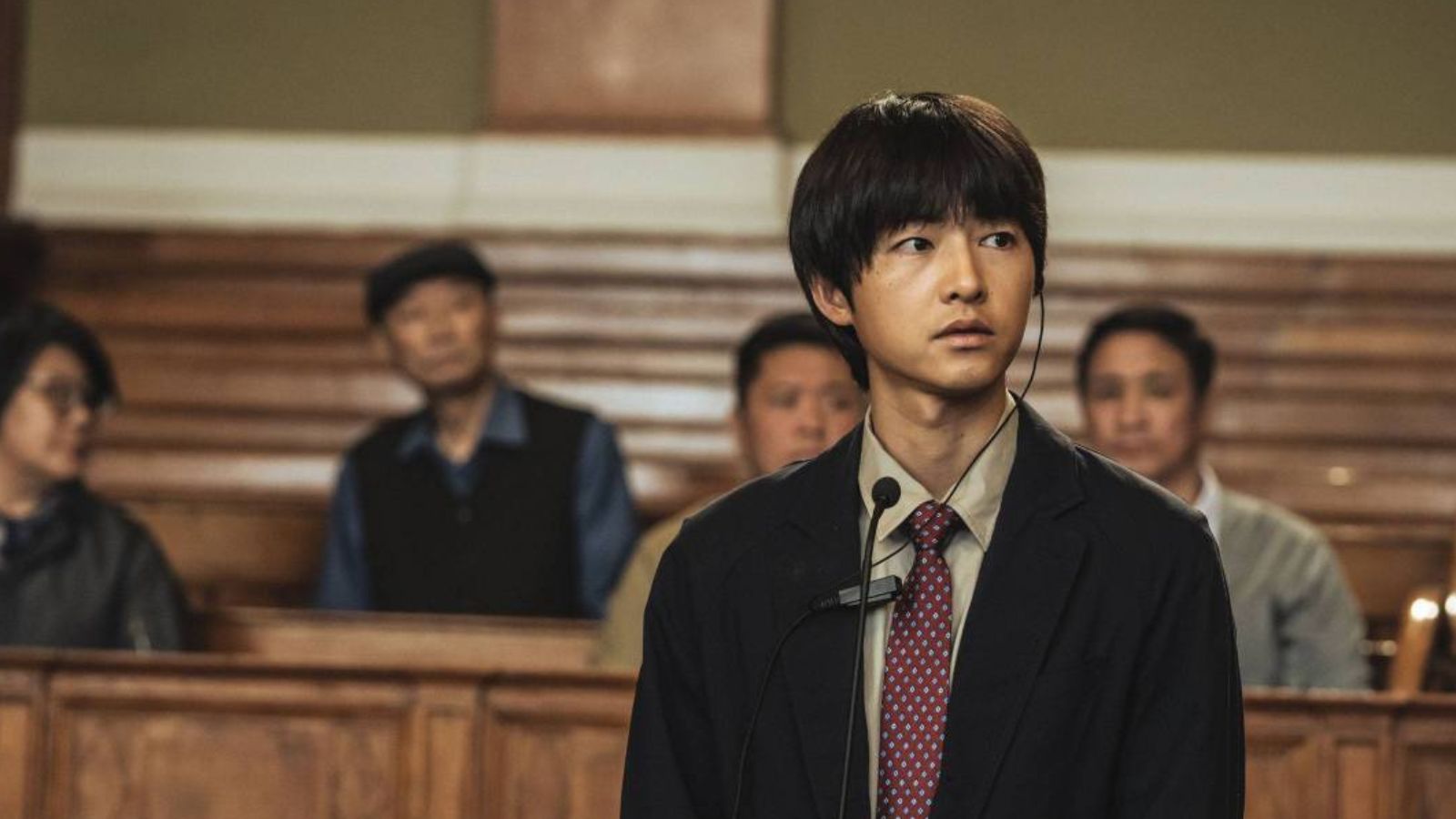
This is the life the North Korean people deserve, and every day, both within the country and without, they fight towards a better future. Their courage and indomitable spirit are not just figments of fiction. With your help, their freedom will become a reality.
Sign up below to learn how YOU can help support North Korean refugees today.




